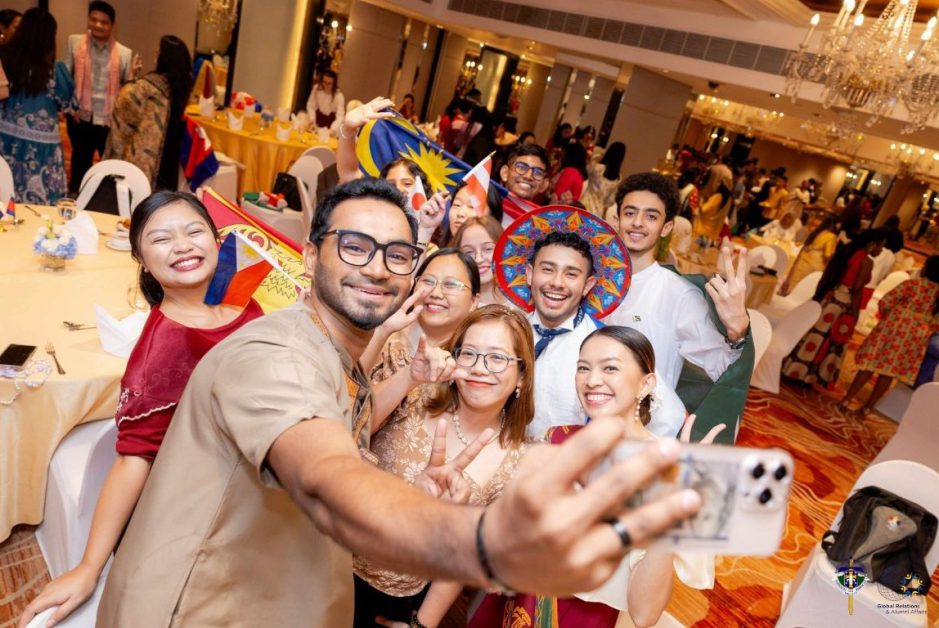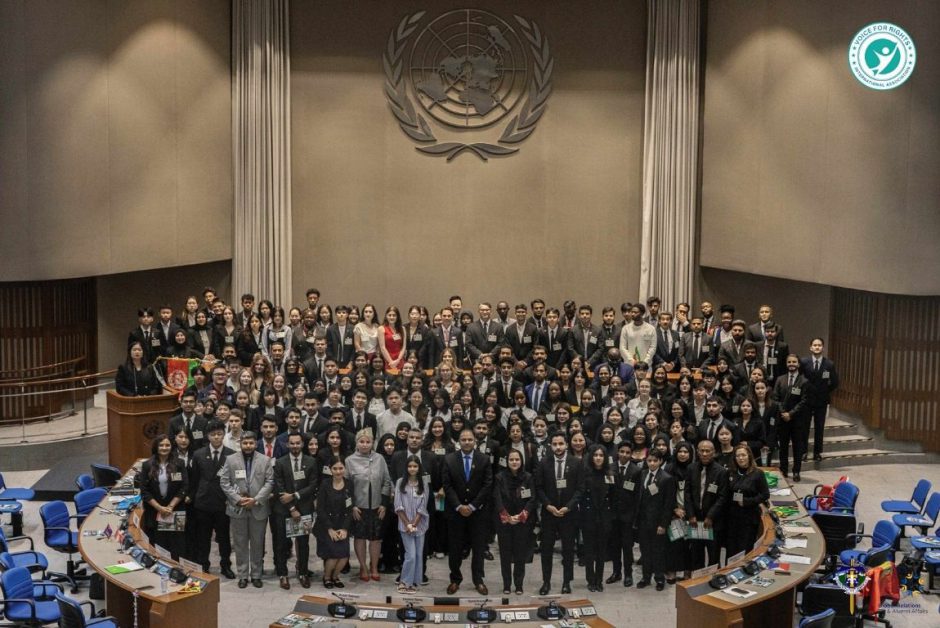From 17-20 June 2025, the United Nations Conference Centre in Bangkok, Thailand became the meeting ground for 223 individual delegates from over 30 countries during the International Diplomats Conference.
Among the voices of change was Ms. Janica Vida Gregorio, a Saint Louis University (SLU) student of Bachelor of Arts in Philosophy and an active member of the New Louisian Philosophical Society.
Gregorio was honored with the prestigious Global Peace Ambassador Award. She was also selected as one of the delegates, representing youth and grassroots activism. In this role, she collaborated with peacebuilders, human rights lawyers, educators, scientists, and CEOs dedicated to fostering inclusive peace and justice.
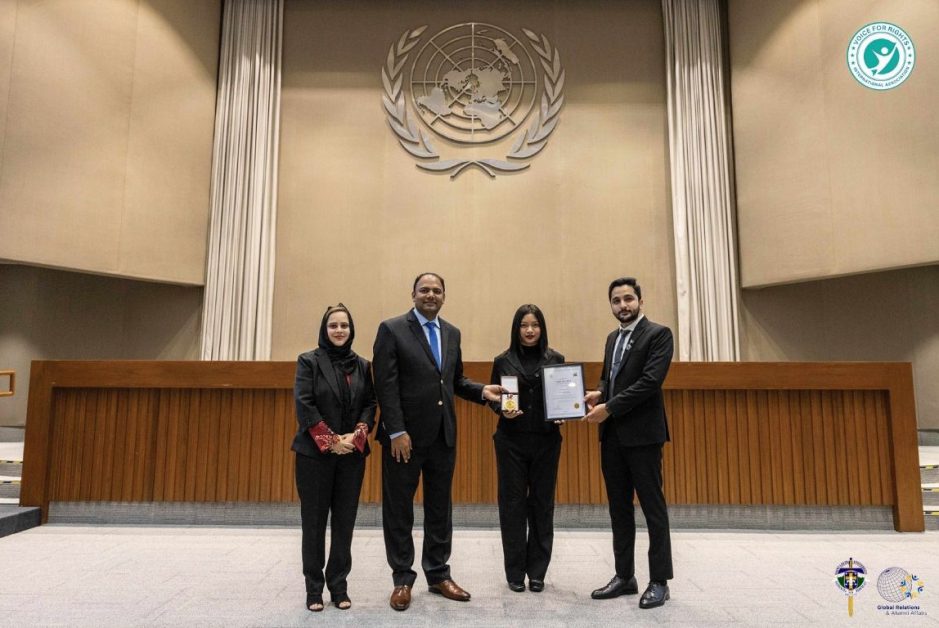
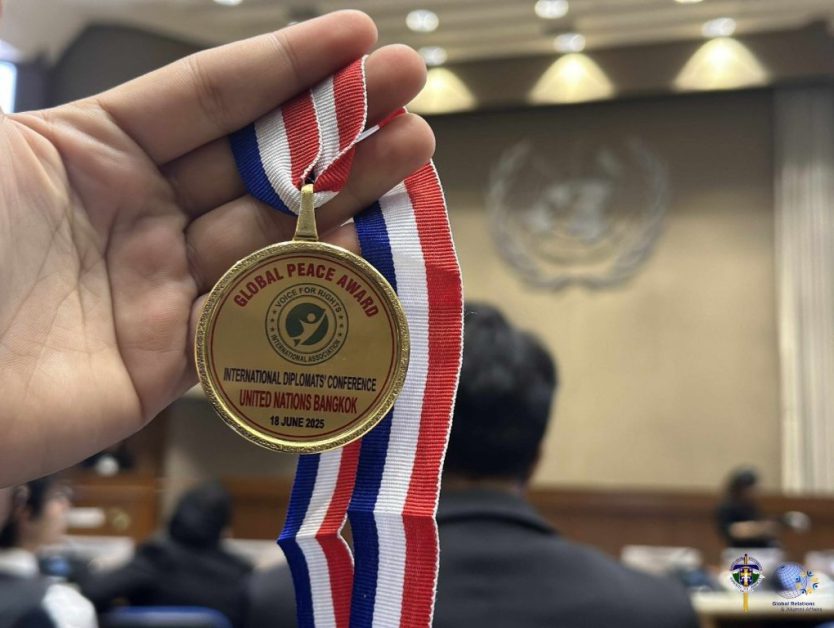
“To be selected as one of the partially-funded delegates amongst outstanding candidates across the world was both fulfilling and a ton of pressure of responsibility,” Gregorio expressed, reflecting on the honor of being chosen.
The conference opened on 17 June with a Cultural Exchange Dinner—a vibrant celebration of global cultures through performances, traditional attire, and cuisine. This welcome event not only highlighted cultural diversity, but also fostered informal networking and meaningful intercultural dialogue among delegates, unified by a shared vision of peace and cooperation.
A major highlight of the event was the keynote speech by Dr. Aneel Salman, Chair of Economic Security at the Islamabad Policy Research Institute. In his address, “Leadership, Diplomacy and Development in a Divided World,” he called for a radical shift in how we define development, urging that the United Nations (UN) Sustainable Development Goals (SDGs) be seen not as a checklist, but as a moral obligation to build a more just and compassionate world.
Dr. Salman challenged the conventional development model and the technocratic illusion that poverty can be solved purely through data and planning. Instead, he championed a people-centered approach rooted in dignity, participation, and local wisdom. “Leadership is not about how many people are with you. It is about the people who have faith in you,” he said. He emphasized the need to empower local entrepreneurs through trust-based systems and introduced the transition from SDGs to Inner Development Goals (IDGs), advocating for emotional intelligence, self-awareness, and resilience as key to sustainable peace.
Throughout the conference, peace was redefined not as the absence of war but as a “symphony of voices learning from each other.” Activism was celebrated not only in community organizing but also in shaping diplomatic conversations and global discourse.
During Dr. Salman’s session, Ms. Gregorio offered a compelling response to his idea that “leadership is a state of mind.” She reflected that leadership is often romanticized, yet vulnerable to toxic traits such as narcissism, machiavellianism, and psychopathy. She advocated for a reimagined model of leadership grounded in trust, courage, compassion, and a conscious break from harmful systems. According to her, “True leadership holds more than a platform for mere development. It requires disrupting the ideological status quo. A just and firm stand for revolutionary rupture not just macro-management.”
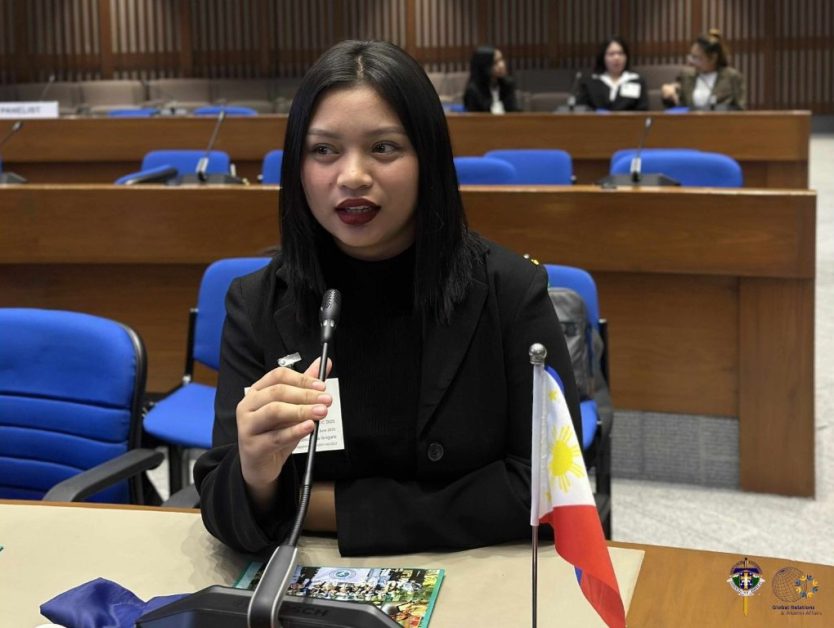
The event concluded with a guided tour of Bangkok’s historical and political landmarks on 19 June 2025. Delegates continued to engage in meaningful conversations, forging lasting connections that transcended borders and ideologies.
Organized by the Voice for Rights International Association, the International Diplomats Conference 2025 was more than a space for dialogue, it was a living ground for transformation. It united changemakers from all sectors in rethinking the future of diplomacy, leadership, and sustainable development in a fractured world.
The conference echoed a commitment to global development through inner and formal education, trust-based leadership, and inclusive collaboration. These values closely aligned with the United Nations Sustainable Development Goals (SDGs), particularly SDG 1: No Poverty, SDG 4: Quality Education, SDG 8: Decent Work and Economic Growth, SDG 16: Peace, Justice, and Strong Institutions, and SDG 17: Partnerships for the Goals. (Article by: Ashel Mae V. Fontillas, BS Architecture 3 | Photos from: Ms. Janica Vida Gregorio, BA Philosophy)
